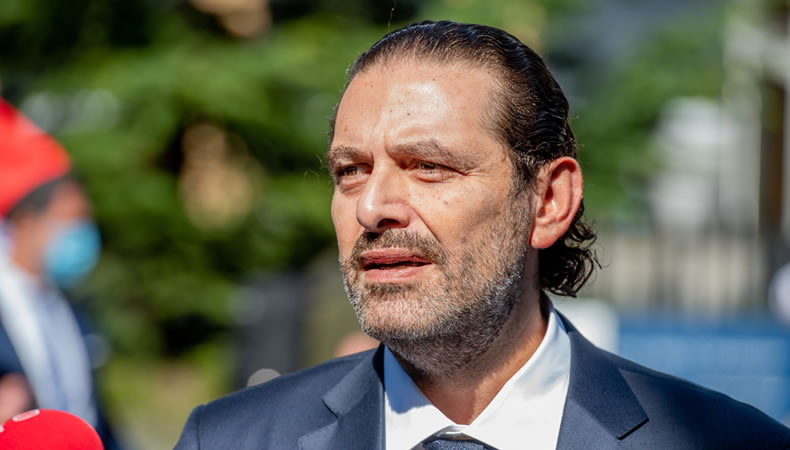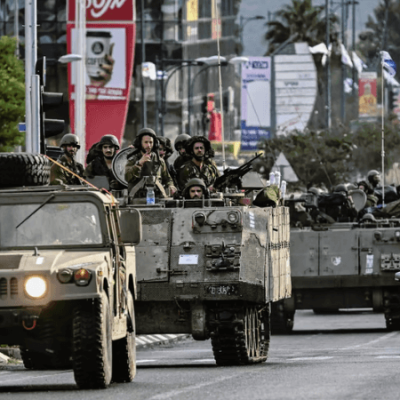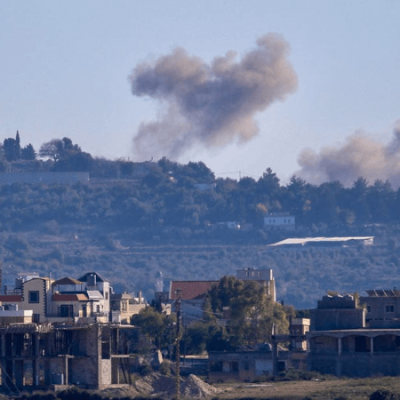Reading into the recovery of the lira on Hariri return

With Saad Hariri return to the premiership of Lebanon, the currency saw some recovery. But this a sign of the days to come or just an aberration?
A year after he was forced to resign because of a nation-wide popular uprising against misgovernance,former prime minister Saad Hariri is back in his post. He returns to a Lebanon that is much worse off than it was and is almost on its last legs. Many of the people who were leading the protests last year believe that his tenure is not going to help the country out of the quagmire that it is in.
But some see him heralding an economic and financial recovery with his cabinet carrying out a series of reforms that will move the International Monetary Fund and other economic powers in the world to bail them out. A sign of this was the lira’s recovery, which hours after his appointment rose from 9,000 per US dollar to 6,700. Some experts believe this is just a knee-jerk reaction to the news, even somewhat manipulated by forces beyond the market, and is not a sign of the days to come.
More than anything, the ruling dispensation has lost the trust of its citizens, both in the economic and political front. The goodwill that the current prime minister’s father Rafiq Harari had marshalled in the 90s has since been squandered away by the devolution of the banking system and the systematic takeover of the state institutions by the Hezbollah. The latter not only lost the Lebanese government the support of its own citizens but also that of many Arab states that so far had been invested in its economy.
This is why Hariri still hasn’t been able to demonstrate the kind of support needed – both locally and internationally – to take the country through the complete overhaul of systems that it so desperately requires. When the celebration around Hariri’s returns fade and he finds that, with the old political guard still in place, he is unable to push through the kind of reforms that are needed, the lira will be back to its former highs and morale will continue to remain low.
Besides, there is a belief that this recovery in the currency market is not a reflection of the Lebanese sentiment but is being led by a few money exchangers who are controlling the market and monopolising the exchange of dollars. The Hezbollah uses the state to coerce some exchange houses to inject fresh dollars in the market so that Lebanese will dump their own dollars which can then be picked up on the cheap.
But these acts will soon fizzle out and Lebanon will find itself back where it started, with Hariri facing the tough option of giving up the appeasement of Hezbollah, who have tacitly aided his return, in order to establish economic and political connections with international agencies and Arab states, a pre-requisite for Lebanon’s recovery.




